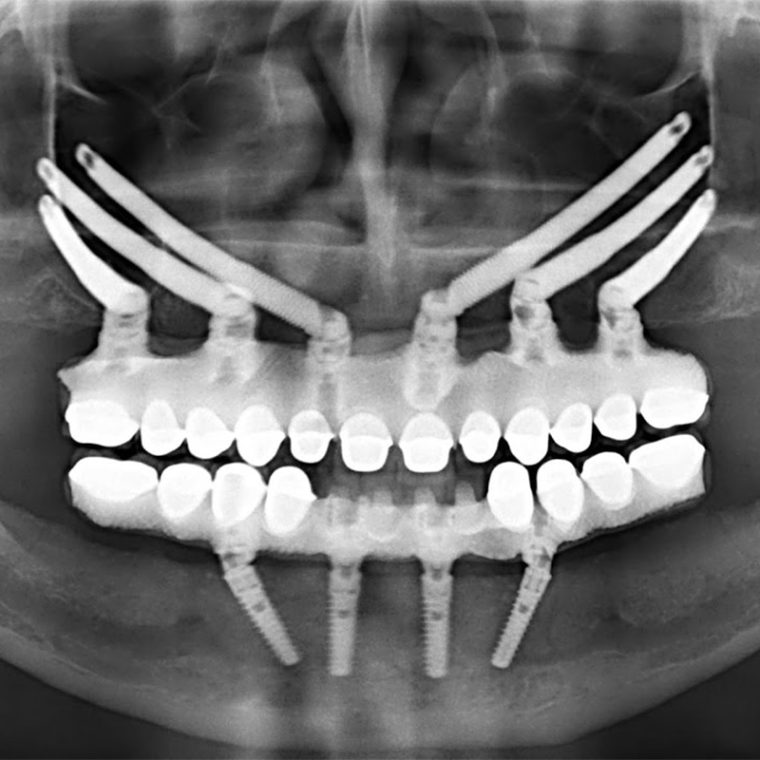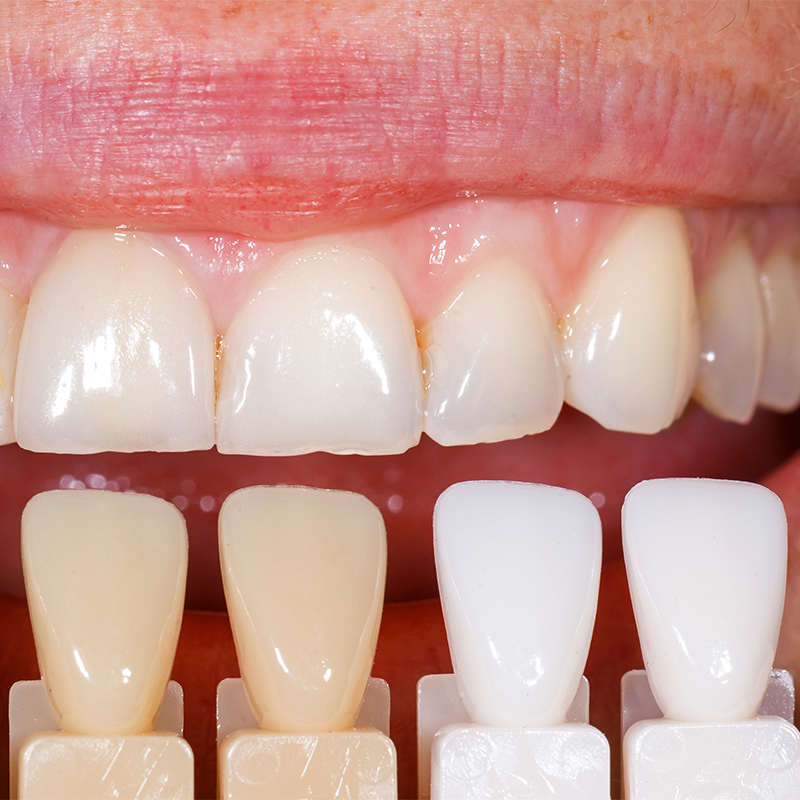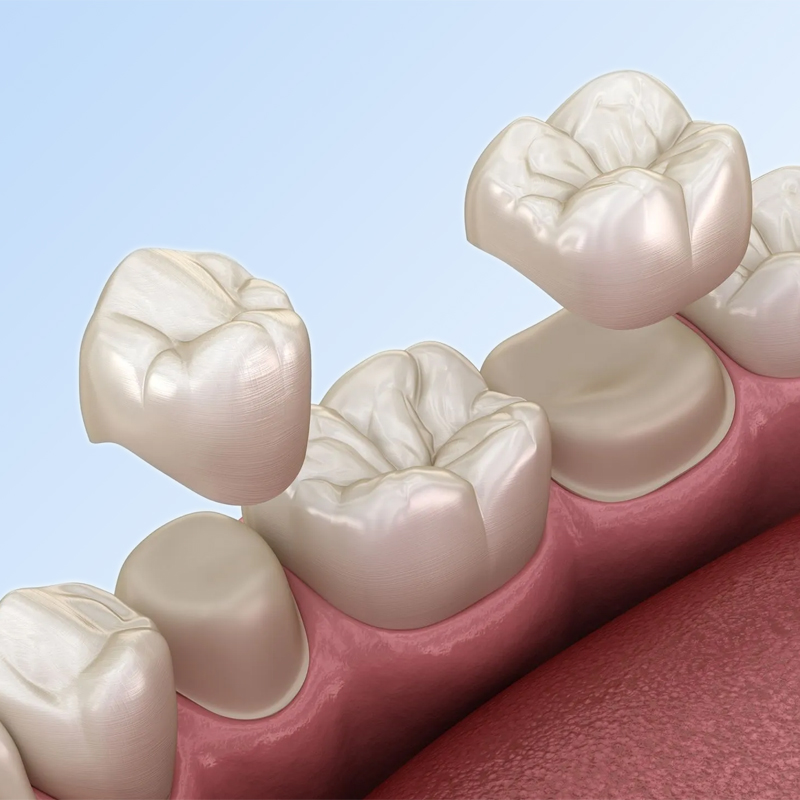Dental implants have become a standard treatment for restoring missing teeth. However, when patients suffer from severe bone loss in the upper jaw, traditional implants may not be a viable option. This is where zygomatic dental implants come in as a revolutionary solution for patients facing advanced bone resorption.
What Are Zygomatic Dental Implants?
Zygomatic implants are a specialized type of dental implant used for patients with significant bone loss in the upper jaw. Unlike traditional implants, which rely on the jawbone for anchorage, zygomatic implants are anchored into the zygomatic bone (cheekbone), a much denser and stronger bone than the upper jawbone. This allows dental professionals to bypass the need for bone grafting and provide a more stable and immediate solution.
Why Are Zygomatic Implants Used?
Patients with severe bone loss in the maxilla (upper jaw) often face significant challenges when it comes to getting traditional dental implants. Bone loss can be the result of several factors, including tooth decay, periodontal disease, trauma, or aging. Traditional implants require sufficient bone volume to secure the implant, and when the bone is too thin or weak, other options, such as bone grafting or sinus lifts, are often needed.
However, zygomatic implants provide a more efficient and effective solution for these cases. The zygomatic bone is located higher and is far less affected by the natural bone loss process that impacts the upper jaw. By securing the implants into the zygomatic bone, dentists can restore function and aesthetics without the need for complex bone grafting procedures.
Advantages of Zygomatic Dental Implants
- No Need for Bone Grafting: Zygomatic implants can be placed directly into the cheekbone, bypassing the need for bone grafting procedures. This not only saves time but also reduces the overall cost and recovery time of the procedure.
- Immediate Restoration: With zygomatic implants, patients can often receive immediate loading, meaning they can have their prosthetic teeth placed on the same day or soon after the procedure. This contrasts with traditional implants that may require several months of healing before restorations can be added.
- Stable and Long-Lasting Solution: Zygomatic implants offer a strong, stable foundation for prosthetic teeth. Since they are placed into the dense zygomatic bone, the implants have a higher success rate compared to traditional implants placed in the upper jaw.
- Minimally Invasive: The procedure for placing zygomatic implants is typically less invasive than traditional bone grafting and sinus lift surgeries, which require more extensive incisions and longer healing times.
The Procedure for Zygomatic Implants
The process of receiving zygomatic implants begins with a thorough evaluation by a dental surgeon. Using advanced imaging technology, such as CT scans, the surgeon will assess the available bone structure and plan the placement of the implants.
The surgical procedure itself is usually performed under general anesthesia, with the surgeon placing the implants into the zygomatic bone. The recovery time is generally shorter than traditional implant surgeries, with many patients returning to their normal activities within a few days.
Who Is a Candidate for Zygomatic Implants?
Zygomatic implants are primarily recommended for patients who have experienced significant bone loss in the upper jaw and cannot undergo bone grafting. These implants are ideal for individuals who have had failed dental implants in the past or those who want to avoid lengthy and costly bone grafting procedures. However, not all patients are suitable candidates for zygomatic implants, and a thorough consultation with a skilled dental surgeon is necessary to determine the best course of action.
Conclusion
Zygomatic dental implants have transformed dental restoration for patients with severe bone loss. By utilizing the dense zygomatic bone for anchorage, these implants offer a stable, effective, and less invasive solution for individuals who otherwise might not be candidates for traditional implants. If you are struggling with bone loss in your upper jaw, zygomatic implants may be the solution you’ve been looking for. Consult with a dental specialist to find out if you’re a suitable candidate for this innovative procedure.
Zygomatic implants can provide a life-changing solution, restoring not only function but also the confidence that comes with a beautiful smile.




